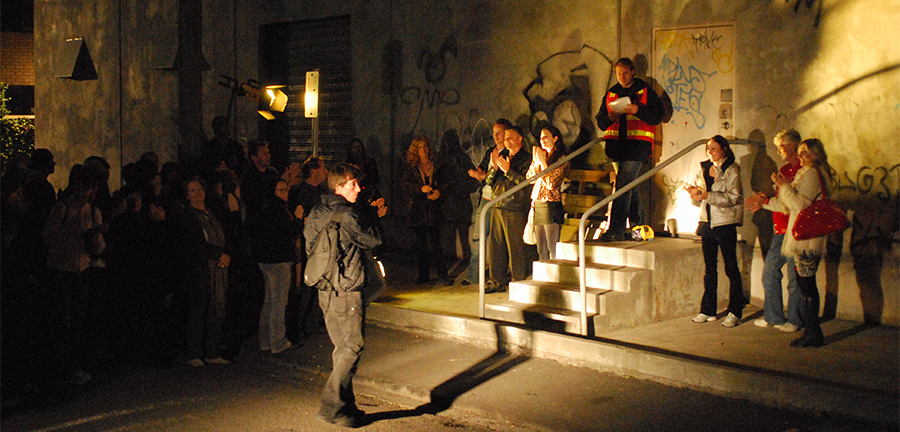Case Studies

Community Stars brings decades of experience of working with individuals, groups and communities on very difficult topics. Community Stars’ Director, Dr Peter Streker, and his associates have worked across local, state and federal government agendas and specialise in designing exciting projects that use strong evidence to make a powerful impact. We can help you orchestrate multiple projects together and provide opportunities for people to live out some of their dreams and aspirations in their own neighbourhoods.
Some of the best examples of how we’ve made this happen are the projects that Peter and his team developed at the City of Port Phillip during the 2000s with thousands of people from more than 200 organisations and the general community:
- The StreetLife street party project was a creative way of engaging residents in running street parties, later adopted by the state government. This increased the number of resident–generated local events more than ten-fold and produced many long-term individual and community benefits.
- The Neighbourhood Action Research Team (NART) was a team of local residents trained and employed to interview their peers. The NART accessed specialised networks of people who were typically hard-to-reach (e.g., homeless drug users, street sex workers, immobile disabled people and children. This model generated local employment and deep insights into the lives of people who normally wouldn’t be heard.
- International Overdose Awareness Day started after a conversation between its founder, Sally Finn (Salvation Army), and Peter Streker in 2001. It originally was designed as a small event in St Kilda for 300 people, but its popularity spread quickly across Australia within months of it announcement. It is now held annually across the world in nations such as England, USA, Canada, Russia and India.
- Community Pulse helped community members track long-term changes to treasured aspects of their neighbourhoods through a mix of empirical and novel awareness raising indicators across several domains. Residents were involved in the indicator design, data collection, analysis and implementation of social change. The Pulse has now collected a mountain of local data, including the infamous measure of neighbourhood friendliness – Smiles per Hour!
- The Great Wall of St Kilda brought together more than 600 residents from diverse backgrounds (e.g., street sex workers, Indigenous people, CALD people, homeless people, children, and mainstream residents) to work together on the design and construction a huge ceramic mural celebrating the hidden stories and characters of St Kilda. The project featured as one of RMIT’s case studies in its Engaging the Hard to Reach project and on the ABC TV’s Arts Today program.
- The Help Yourself Free Food Co-operative worked with SecondBite to pick up over 300kg of edible, left-over food from South Melbourne market each Sunday night and distributed it to the poor the next day via local welfare agencies. This created an extra 20,000 meals per year. For many, this was their main serving of meat, fruit and vegetables each week. This model is now being trialled in other parts of Victoria.
- The Sex & Drugs Historical Walking Tour was a novel way of educating the public about the complexities of street sex work and illicit drugs in St Kilda and created employment opportunities for current and ex-drug users. The tour was so popular that it booked out before it was advertised. More than 2000 people viewed it and subsequent tours, such as Hit The Road – a bird’s eye view of a drug users’ journey through St Kilda’s drug agencies; and Habits of the Heart – a personal story about a local street sex worker and her spotter. DVDs of the shows have been used by schools as educational tools and the model has been used to educate the community about other topics.
- The Hospitality Employment and Training (HEAT) program generated training and employment in the hospitality industry for long-term unemployed aged between 15 and 25. It emerged from the CoPP’s Local Drug Strategy and partnered with agencies such as William Angliss College, St Kilda Youth Services (its eventual host) and Victoria Police. We attracted over $1,000,000 from philanthropic trusts and government grants, organised free rent and arranged free program evaluation. Over 80% of HEAT’s students either found employment or continued with further study.